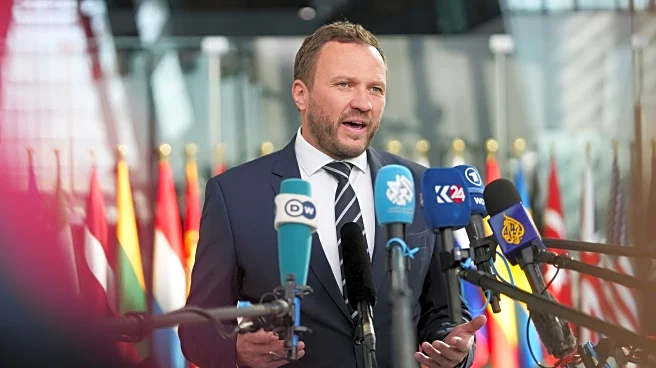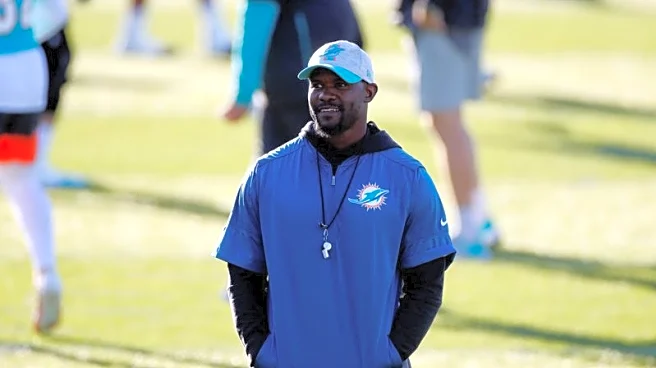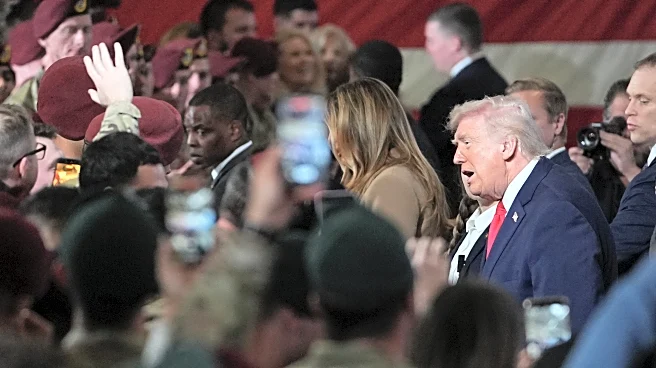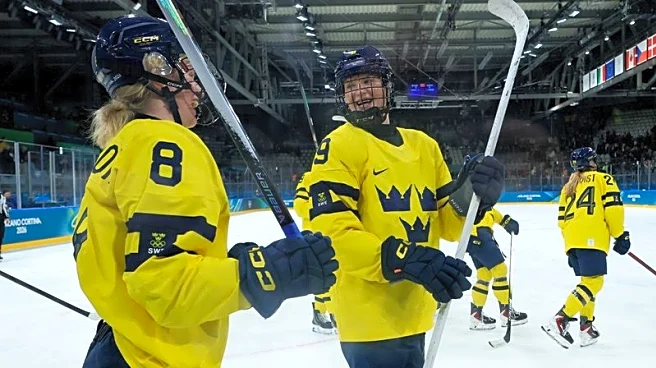BRUSSELS (AP) — NATO allies on Tuesday will hold formal consultations at Estonia's request after the Baltic country said that three Russian fighter jets entered its airspace last week without authorization. Russia’s Defense Ministry denied the accusation.
The intrusion on Friday lasted 12 minutes and was a fresh test of the military alliance’s ability to respond to Moscow's airborne threats after around 20 Russian drones entered Polish airspace on Sept.
10.
NATO’s 32 ambassadors meet most weeks in a format known as the North Atlantic Council at the military alliance’s headquarters in Brussels. Estonia has requested consultations under Article 4 of NATO's founding treaty.
Poland also requested Article 4 talks after the drone incident, and two days later, NATO launched an operation, dubbed Eastern Sentry, to bolster the organization’s military presence with European aircraft and other defenses along its eastern flank.
However, Article 4 talks do not mean automatic military or diplomatic consequences.
Article 4 is the shortest of the Washington Treaty’s 14 articles. It states that: “The Parties will consult together whenever, in the opinion of any of them, the territorial integrity, political independence or security of any of the Parties is threatened.”
NATO operates on consensus, and the talks can lead to some form of joint decision or action. The fact of invoking Article 4 encourages allies to react as one to a situation of importance brought to their attention by a fellow member.
The talks do not automatically lead to any action, unlike Article 5 of the treaty, which states that NATO’s collective security guarantee, under which allies pledge that an attack on one member of the alliance constitutes an attack on them all.
Bob Deen, an analyst at the Clingendael think tank in The Hague, said Article 4 is “designed to promote better coordination and understanding within the alliance on external threats. It gives all allies the opportunity to urgently put certain threats or developments on the agenda of the North Atlantic Council.”
It's only the ninth time that Article 4 has been used since the alliance's formation in 1949, but the second time now in just two weeks and given current tensions on NATO’s eastern flank, it could happen again soon.
Before the drone incident, Poland was one of eight countries – along with Bulgaria, the Czech Republic, Estonia, Latvia, Lithuania, Romania and Slovakia – to seek them after Russia launched its full-scale invasion of Ukraine in February 2022.
Poland first invoked Article 4 on March 3, 2014, “following increasing tensions in neighboring Ukraine, as a result of Russia’s aggressive actions,” according to the NATO website. Russia annexed Ukraine's Crimean Peninsula in 2014.
“Article 4 gets invoked relatively rarely but increasingly in recent years; Turkey alone invoked it five times between 2003-2020 in the context of Syria and Iraq,” said Deen told The Associated Press.
Deen said that Article 4 is related to Article 5, but is “not necessarily a ‘stepping stone.’”
“Article 5 has only been invoked once, in response to the 9/11 attacks on the United States, immediately bypassing Article 4. In other words: Article 4 can be invoked without triggering Article 5, and vice versa,” he said.
Article 5 underpins NATO’s credibility. It’s a political commitment – not a legal requirement – for all member countries to come to the aid of another member whose sovereignty or territory might be under attack, in whatever way they might deem to be fit.

















